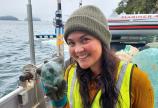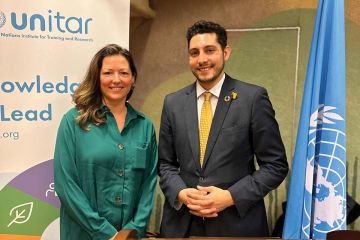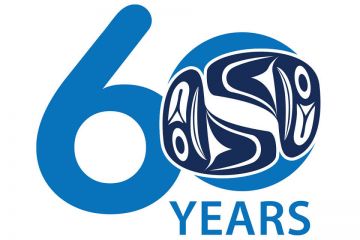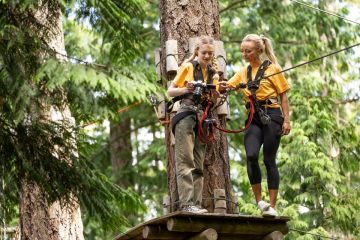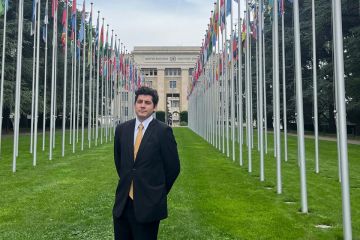Centering Indigenous communities in ecological restoration
- Katy DeCoste
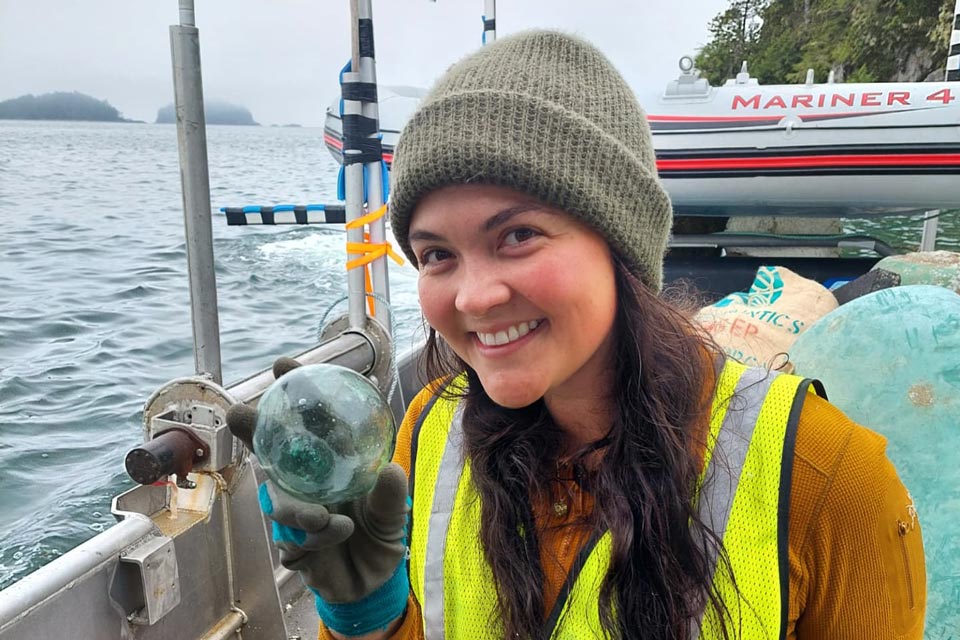
Hannah Gentes spends her days facilitating ecological restoration projects in BC’s water systems through a lens of community engagement and Indigenization. From applying for grants to getting out into the field and reporting on restoration efforts, she’s done everything from manage shoreline cleanup crews to liaise with communities where restoration efforts are taking place.
After completing her bachelor’s in Indigenous Studies and Environmental Studies at UVic, Hannah’s passion for Indigenous environmental stewardship, community-building and land-based learning led her to a career with Coastal Restoration Society, an environmental non-profit focused on the removal of harmful human-made debris from shorelines and waterways.
Hannah, a Saulteaux-Metis woman, initially pursued a diploma in Indigenous studies at Camosun. It was a summer job with BC Parks in the student ranger program in 2018 that inspired her to take up a second major in Environmental Studies. She completed a co-op work term with Coastal Restoration Society before continuing in a full-time role after graduation.
“The driving force of all the work that we do at Coastal Restoration Society is that it is community-led. It is community-centred,” Hannah says. “We try to work ourselves out of a job, because the hope is that communities can just do this work themselves.”
Whether it’s climate-change-induced emergency response, like cleaning the Nicola Coldwater and Thompson Rivers systems after severe flooding, or invasive species removal, Coastal Restoration Society works to improve the health of BC’s waterways and the communities in relationship with them. As a project manager and Indigenous initiatives lead, Hannah builds projects with an Indigenous and community-centred lens, from the grant application stage through to implementation and reporting.
Quite often in conversations surrounding restoration, community and people are not recognized as being part of the ecosystem. And what I want my life work to be is creating these opportunities for people, for Indigenous folks specifically, to be on their own ancestral homelands and have meaningful careers and meaningful work on their territories and interacting with the land.”
—UVic alumni Hannah Gentes
Hear more about Hannah’s work on the latest episode of Work It: A UVic career exploration podcast, where we connect with UVic alumni to hear about their transition into the world of work.
Photos
In this story
Keywords: co-op, alumni, Indigenous, sustainability, ecology, employment
People: Hannah Gentes
Publication: The Ring

